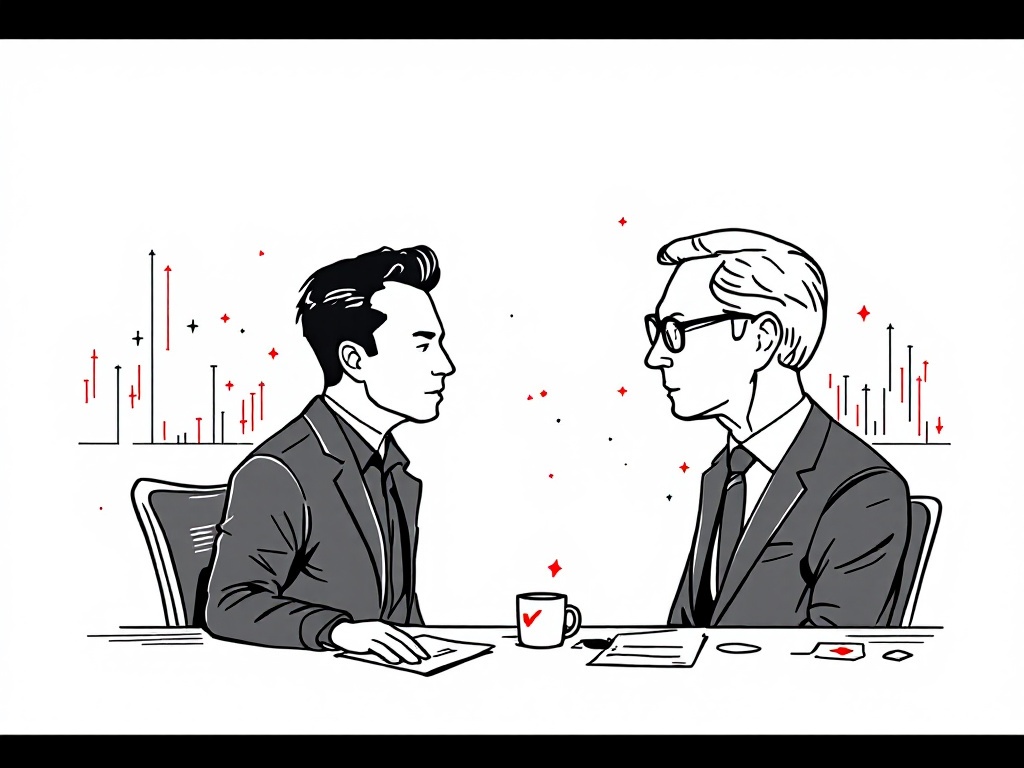Germany Accuses Elon Musk of Election Interference

Berlin, Tuesday, 31 December 2024.
Germany’s Vice Chancellor accuses Elon Musk of supporting the far-right AfD to weaken Europe and influence upcoming elections, sparking political backlash and debates over foreign interference.
Growing Political Tensions
In a significant escalation of tensions between European leaders and the tech billionaire, German Vice Chancellor Robert Habeck accused Elon Musk of deliberately attempting to weaken Europe through his support of the far-right Alternative for Germany (AfD) party [1]. The accusations came as part of Habeck’s New Year’s address, where he characterized Musk’s actions as ‘logical and systematic,’ suggesting they were designed to undermine European regulatory powers [1]. With Germany preparing for parliamentary elections on February 23, 2025 [2][3], Musk’s intervention has sparked intense debate about foreign influence in domestic politics.
Controversial Editorial and Political Fallout
The controversy intensified after Musk published a guest opinion piece in Welt am Sonntag newspaper, where he endorsed the AfD as Germany’s ‘last spark of hope’ [4]. The publication proved so controversial that it prompted the newspaper’s commentary editor, Eva Marie Kogel, to resign in protest [4][5]. Musk defended his right to comment on German politics, citing his ‘significant investments’ in the country [5]. The German government spokesperson directly accused Musk of attempting to influence the federal election, though dismissively characterized his statements as ‘nonsense’ [2].
Political Response and AfD Status
The response from German political leaders has been swift and severe, with some drawing parallels between Musk and Russian President Vladimir Putin. Lars Klingbeil, co-leader of the Social Democrats (SPD), stated that ‘both want to influence our elections and specifically support the AfD’s enemies of democracy’ [2]. Currently, the AfD is polling second in opinion polls behind the conservative opposition [2], despite being monitored by domestic intelligence since 2021 as a suspected extremist organization [3][6]. All mainstream German parties have pledged not to work with the AfD at the national level [2].
Electoral Implications
The timing of Musk’s endorsement is particularly significant as Germany approaches its snap election following the collapse of Chancellor Olaf Scholz’s coalition government [6]. Current polling shows the AfD holding approximately 19% support, while the CDU/CSU alliance leads with over 30% [6]. Friedrich Merz, leader of the Christian Democrats and current favorite to succeed Scholz as chancellor, condemned Musk’s comments as ‘intrusive and pretentious’ [2], highlighting the unified front of mainstream German politicians against external interference in domestic affairs.